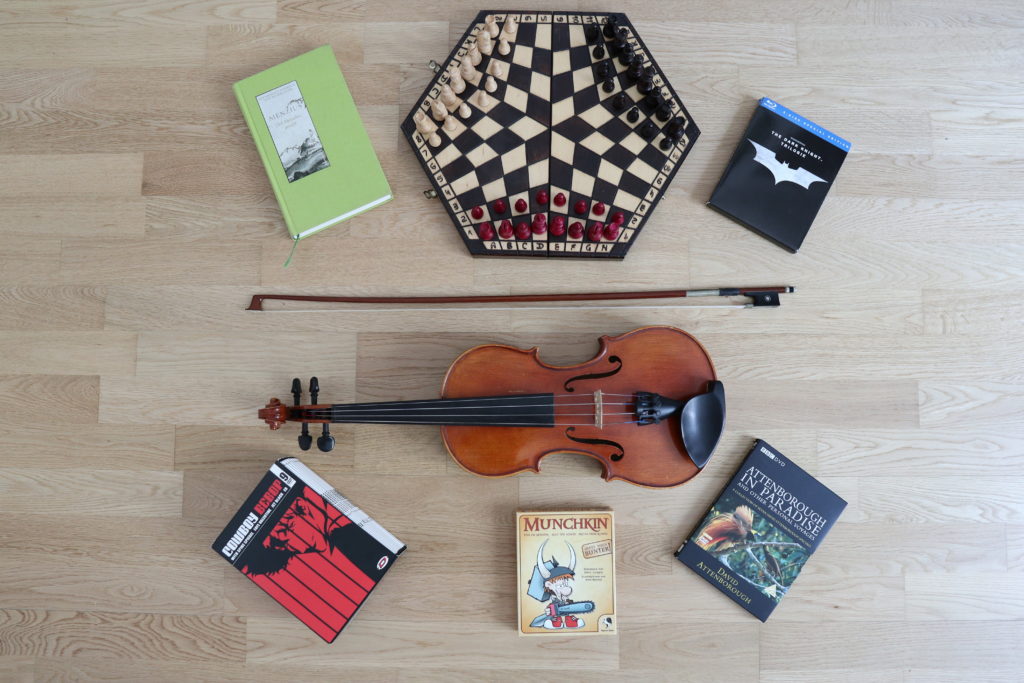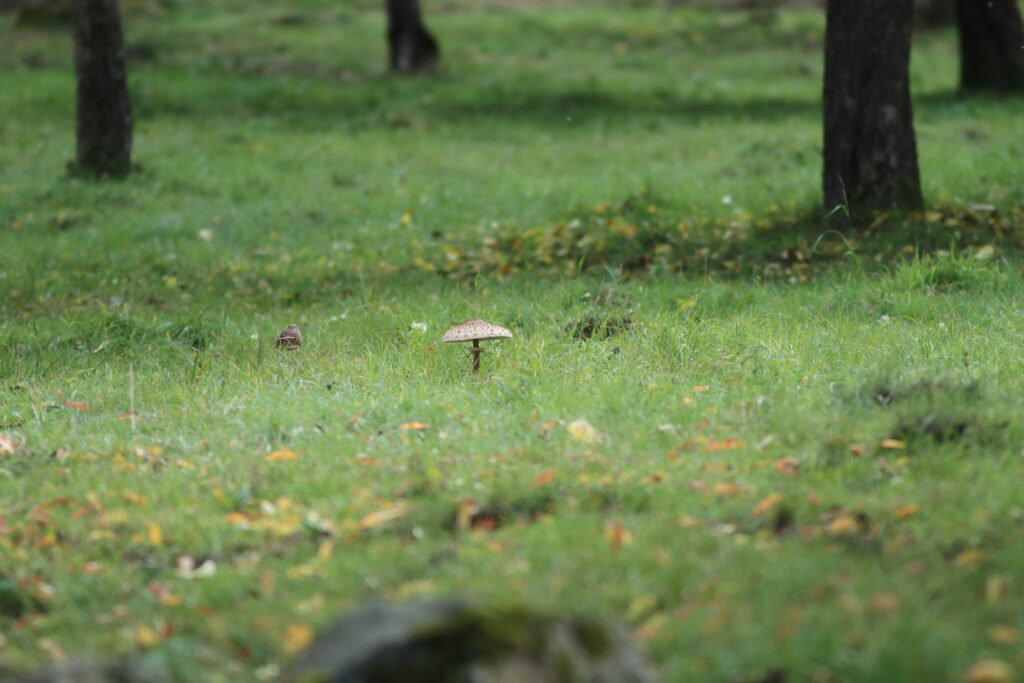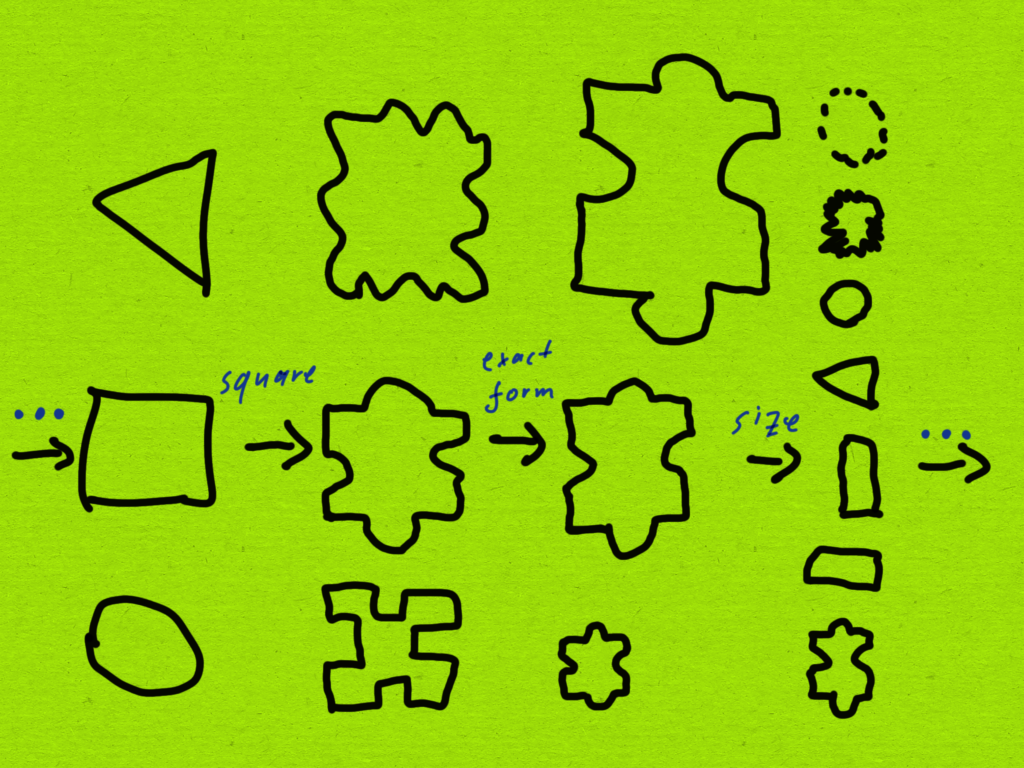Why are we sometimes exhausted?
Why do we sometimes feel like we achieved nothing although we did so much?
Why do we sometimes feel like we achieved a lot but in reality we haven’t done much?
How can we become aware of our mental resources and how can we categorise them?
This post is exactly about that. About how we consume and create everyday and how this relates to our resources and level of exhaustion. How it relates to motivation.
Definition of Consume And Create
To consume and create means there is also a process. A black box that does some magic with the input (that’s what we consume) and throws out some output (that’s what we create). There are an infinite number of examples that can be brought up. Here are some for a better understanding.
- You eat something (input) your body processes it (you body is the black box) and it creates energy and excrements (that’s the output).
- When you kick a ball you introduce energy to this ball at a specific point of its surface. A process defines how this energy, the properties of the ball (soft or hard, heavy or light, …) and the environment (air flow and other objects) define trajectory from this ball.
- Interesting in this example is that the environment variables and properties of the ball existed even before the kick. They have influence on the process and serve as auxiliary input but they don’t trigger the reaction … the output… only the kick energy enabled this process.
- When light (input) shines on a green leaf, a part of this light gets processed and consumed by the cells in this leaf and will be further processed in the plant. The green wave lengths are reflected (that’s why it appears green to us).
- A simple plain mathematical expression would be: y=f(x) … where x and y can be a set of multiple variables and f() can be a set of functions. Of course here x is our input, f() the process and y the output.
From Simple to Complex
We can see this “put in, process it, put out” schema not only in our environment but also in ourselves. It is an essential part of how we learn and develop. The critical point is that we have a lot of more input variables that influence the system than if we observe a system in our environment where we can exclude a lot of factors.
To get an idea of how new processes can look differently, when we connect multiple simple processes together, I show the following examples.
Again, here is the simple example. We have some input, that will produce a defined output if it goes through a certain process.

Here we have the output as a feedback. That means that the output has influence on the result of the process if we repeat the input.

This time we have the output of another process as the input to our process. This can clarify a dependency on the learning process. E.g., you can grasp the content of a sentence only if you can understand letters, words, syntax and semantic of a language.

This graphic describes the process of abstraction. E.g. you can describe addition, subtraction, multiplication and division in simple processes but you can use them altogether in a big equation that describes something mightier like Pythagorean theorem or square something which is simply the multiplication of a value with itself.
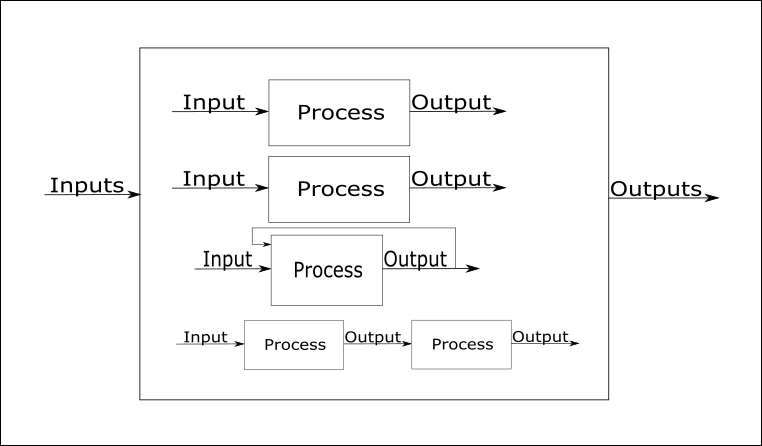
This graphic could theoretically be left out and named simply as influence of multiple inputs. However, this is some specific kind of input that can block the processing and therefore prevent output. If this kind of input is positive, like 1 or switched on, and not 0 ,or switched off, it allows influence of the other output. Therefore, it is an input that defines the weight or influence of other inputs.
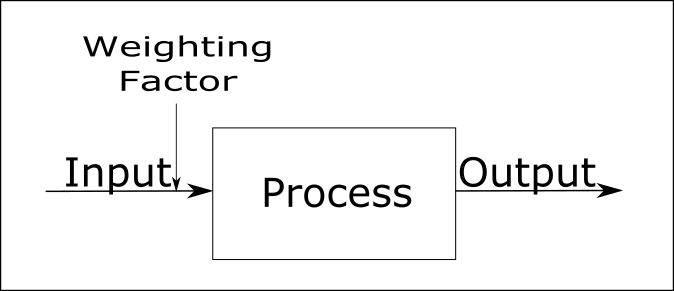
Learn, Adapt, Survive
So, imagine your body, including your brain, consists of an unimaginable amount of such processes, e.g. your physical sensors that are known as the senses, or the processes that are represented by the learned behaviours through experience. What do these processes have to do with our inner longing for survival? In the following we go through different steps that lead to the answer.
New Input Overload
Imagine a classic scenario in our world today: You watch an incredible amount of series on Netflix. Multiple seasons, different shows and so on. At the beginning your body will be overwhelmed with the amount of information. It will tell you that it is not used to sitting this kind of long, starring at a screen, maybe consuming a lot of food passively. Also your brain will need to process all characters, settings and scenarios that happen in these shows. It will try to create make sense of it and what kind of reaction would increase our survival.
Wait… our survival ability while watching a Netflix show? Yes. The funny thing is that we all are over this point (with exception of certain groups like children that are still in the early stages of development). We know that if we watch a series on a screen that it contains actors and a script and that it isn’t real. That’s something we know consciously. However, we still process what we see. That’s why we have good and bad associations when we watch certain kind of genres. And we may even dream of this stuff.
As our brain and body processes all these information, it does adapt to it. Our body complains less when we just sit in front of the screen (however it may complains more when we do something else) and also our brain becomes better at handling the stories of what we see. In some cases it even seems like we can already predict the story of a show.
So, what happened?
While in the beginning of this experiment, we weren’t able to process all input and we basically used our simplest functions all the time, which used a lot of resources because we needed to use a lot of them, we adapt over time. We created new, more advanced processes that are able to process this specific kind of input much more efficiently. This means that we can not only follow the logic of a show but even predict the next steps. As we use less resources for adaption, we save our resources and have a lot of them to spend if we step into a new unknown situation.
New Input Sparsity
In the last section we learned how we handle the situation when we receive a lot of new information that we have no process patterns for. We adapt to it and learn to be aware of everything that seems to be important enough so that we are in control of the environment. The important question is what are we doing after this adaption which secured our survival? If we receive not much of new kind of information we have basically three options:
- We further improve our processes for these tasks by taking in additional environment variables that we filtered out before. That means our focus may even gets more concentrated on a single point. Maybe we become even better at predicting the future.
- We don’t change the environment but our focus. Variables that we ignored before are now included and we actually created new processes. It is equivalent to broadening or switching your focus.
- We change our environment and therefore our input. This requires us automatically to create new processes or adapt our existing ones.
All these three variations lead to the situation that we create more or more complex output.
If we don’t follow one of the three options we end up in boredom. Did you ever notice how children are very honest about their expression of boredom? I think this is connected with their genuine expression of curiosity which some of us seem to lose when we become older or at least we lose our curiosity in certain areas of life.
Problems of Manifested Processes
The section deals with the situation that you have adapted your processes to a certain environment and additional don’t realise the expression of boredom anymore. This basically means that you acquired the skill of avoidance and ignorance. irony on Congratulations! irony off
This is one of the basic coping mechanisms we learn as humans. In our context it means that we filter out certain inputs which can be execute through a process with weighted inputs as shown before. The weighted factor can be a justification that we tell ourselves, e.g. we can use our addictive behaviour to justify why we can’t process certain events in our life right now. Another justification, and therefore weighted factor, can be that we keep ourselves so busy with work, household and other activities so that we don’t give ourself the time to reflect and actually process the input. To break this circle of avoidance we require a new environment where we use new processes that are not negatively manipulated by the weighted factors.
The difficulty is that the environment change needs to be strong enough so that we don’t find a justification to ignore the input but at the same time it shouldn’t necessarily overwhelm us so that it triggers our fears. We don’t want to end up in a traumatic scenario because this leads to execution of our basic coping mechanisms and is not a save situation for a good and healthy learning experience.
Exhaustion, Motivation And Survival
We learned a lot of different things so far. How processes work, how we can apply them to how we work and we learned the connection between consumption as input and creation as output. At the beginning we also have stated the questions of “How does consume & create relate to exhaustion?” and “What are our mental resources? How can we measure and categorise them?”. Let us try to answer this in the following paragraphs and also the question regarding what this has to do with survival and motivation.
Resources Reduction & Exhaustion
To consume and create does not come for free. We need to use our resources for that. Just like we consume food to restore our physical energy, we also need to regenerate our mental resources. People of course have different amount of resources and depending on our situation we require sometimes more or less resources than we actually generate. As it should be clear from the explanation of the previous sections, when we adapt or create processes, this reduces the absolute amount of resources that we have! If we have no resources left, we are exhausted. This means either our resources regeneration is not working good enough or we are using more resources than normally because we are in a situation with a lot of new input and therefore need to adapt our processes.
Resources depletion means exhaustion. Resources are “somehow” regenerated through resting and resources are depleted through adaption to a changing and therefore new environment. Alright, sounds logical.
Types of Resources or Resource Reductions
Now comes the tricky question. “What are our mental resources, how can we measure and categorise them?” This question comes from the experience that depending on the activity that we shall execute, we feel differently motivated and therefore can come to the assumption that there are different kind of mental resources that we can categorise. However, I claim that there is only one kind of mental resource. Let us assume for a moment that we have an infinite amount of resources. Does this mean that we can adapt and create our processes instantly? And will they be directly perfectly adapted? … No. Adaption is an iterative process. We get some input, we adapt our process, we get again input, we further improve our process, until we are satisfied with the amount of resources that a process costs and the resulting output. This means you can’t accelerate the adaption through unlimited resources up to a point of instant adaption. However, if you provide not enough resources, the adaption will adapt slower than it is possible. To provide a weird example, nine women won’t bear you a child in one month.
Let us assume in the next step that you have given an absolute amount of 100 points of resources for your day and you already worked, so half of your day is over and you used 50 points of the resources. If you are trying to use more resources on the same processes in your free time that you needed for your work time and the amount of required resources for these processes is already at its point of saturation, this will lead to the situation that you waste your resources!
Conclusion so far is that you should have enough new input that requires different kind of processes so that you can develop them iteratively in parallel. This means you are using your resources in the most efficient way. Following this we don’t have different kind of resources but different kind of processes that consume the resources.
What Is Motivation?
Our main instinctive goal is to survive. But what does it mean to increase to probability to survive? Actually, it correlates with our motivation. Imagine you are in a scenario where you know basically everything in your environment up to a level that you assume that you are not in danger or don’t require adaption. If you have no new input here and your resources level is high enough you won’t feel any motivation to do something in this situation because the improvement of your processes does not increase your survivability from your point of perspective which makes sense as there is now new input, only a repetition. However, sometimes we may live over a longer time frame in a certain environment and don’t receive new input but also don’t feel unmotivated. That’s mostly the case because you are still recovering your resources. To go directly into a new adventure without the necessary resources would create a dangerous situation for you.
You probably ask yourself right now “But how does this stupid activity [exchange it with your own thoughts] increase my chances to survive?” E.g., how does learning how to play the violin increase your chances to survive? Well, yes, it probably does not increase your chances to survive against a wild animal. However, you need to see your activity as an expression of something that you want to communicate with your social environment. If you are lucky and good at playing the violin people will like it, praise you and you have a positive feedback. You are appreciated for your abilities and interests. Also whatever you create is often in the end something that is consumed by another person. Therefore it creates communication and with this the possibility of connection between you and others. Additionally, sometimes this certain activities can have the purpose of regenerating your resources. They can create a safe space for you, where you are in control of how much you want to learn today or not. Survivability is therefore not only the short-term life and death situation but also ensuring a long-term safe environment.
Conclusion
As always there are of course more variables that we can think of that influence the whole idea of consume & create, our mental resources, exhaustion & motivation, and survivability but a theory requires simplification up to a certain point so that you are able to understand the concept.
This post is mainly about how we are able to move forward. How to describe our different life situations of motivation and demotivation in a conceptual framework. How we adapt to life. Hopefully, it allows you to understand your current situation and past life experiences better but also the mental states of your family and friends. If you see someone who does not perform as good as you think they should, maybe they are right now in the adaption phase, maybe they don’t have the necessary basic processes and require help because the current environment bombards them with information that they can’t handle. Get off your high horse and try to understand where they are coming from. Appreciate the correct things they are able to do and don’t get angry at their failures. Also accept the possibility that maybe they, or even you, are not yet ready to adapt completely to the new environment but this does not necessarily mean that they will never be ready. Just as a baby is not ready to read this post, it has the potential to be able to do it in the future if you don’t tell it now that it never will be able do this and therefore don’t manifest a limited believe system and reality perception.
Everyone tries to live. Everyone tries their best to consume and create.
Okay, okay, I know, writing about ‘intelligence’ can be easily taken the wrong way. Because the term is so often used in supremacy dreams of . . .
This post is a continuation of “Faith and what it means in my world view”. It breaks faith up into sets of beliefs that in . . .
Originally I wrote this piece in the mid of 2019. It is kind of the foundation for all my thinking in the further posts. (And . . .
Hm… how do I explain this topic in a simple and efficient way without getting lost in multiple rabbit holes and becoming emotional on the . . .
This is a guideline to give you something into your hands to become better at identifying your emotions. This guideline can’t and will never be . . .
